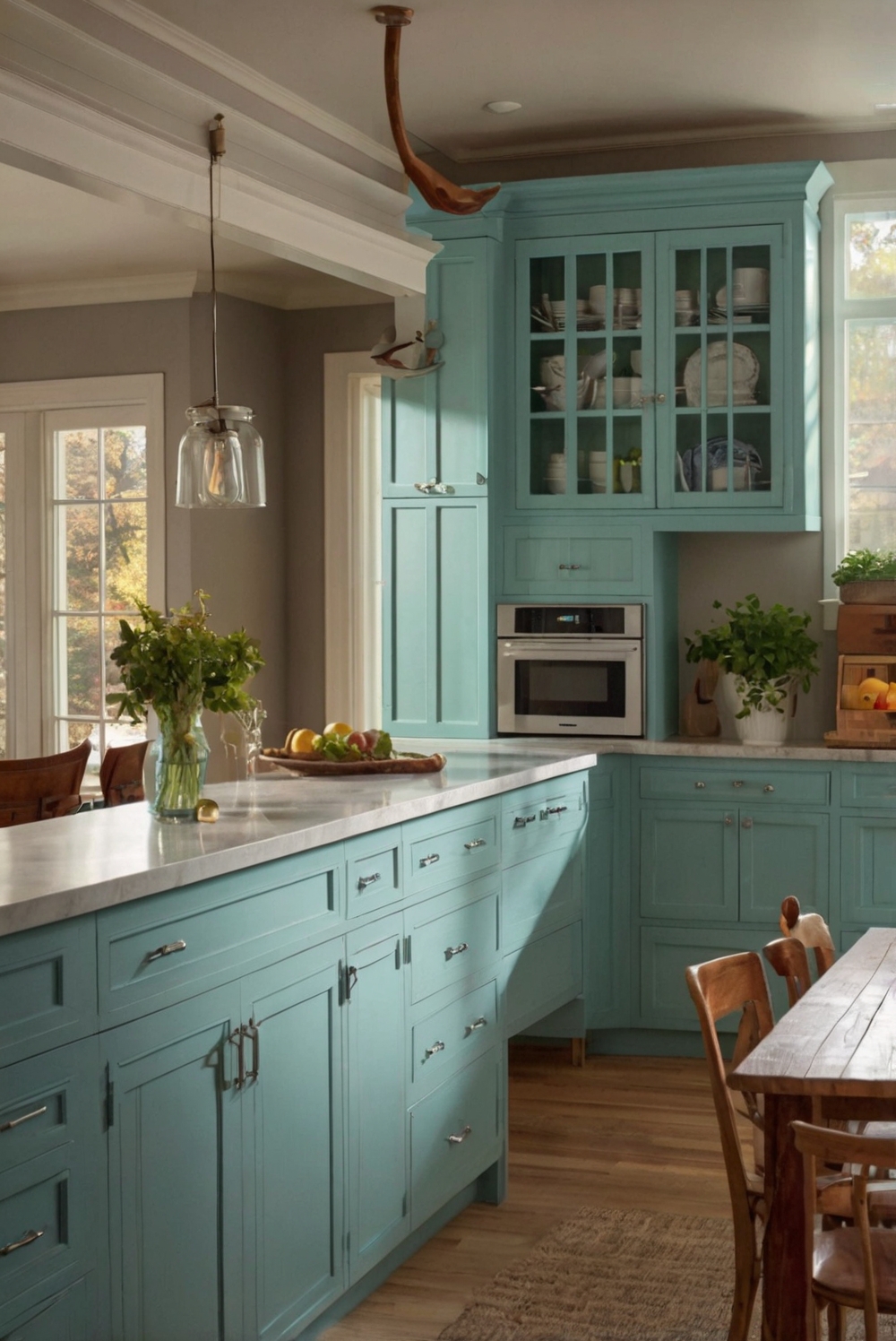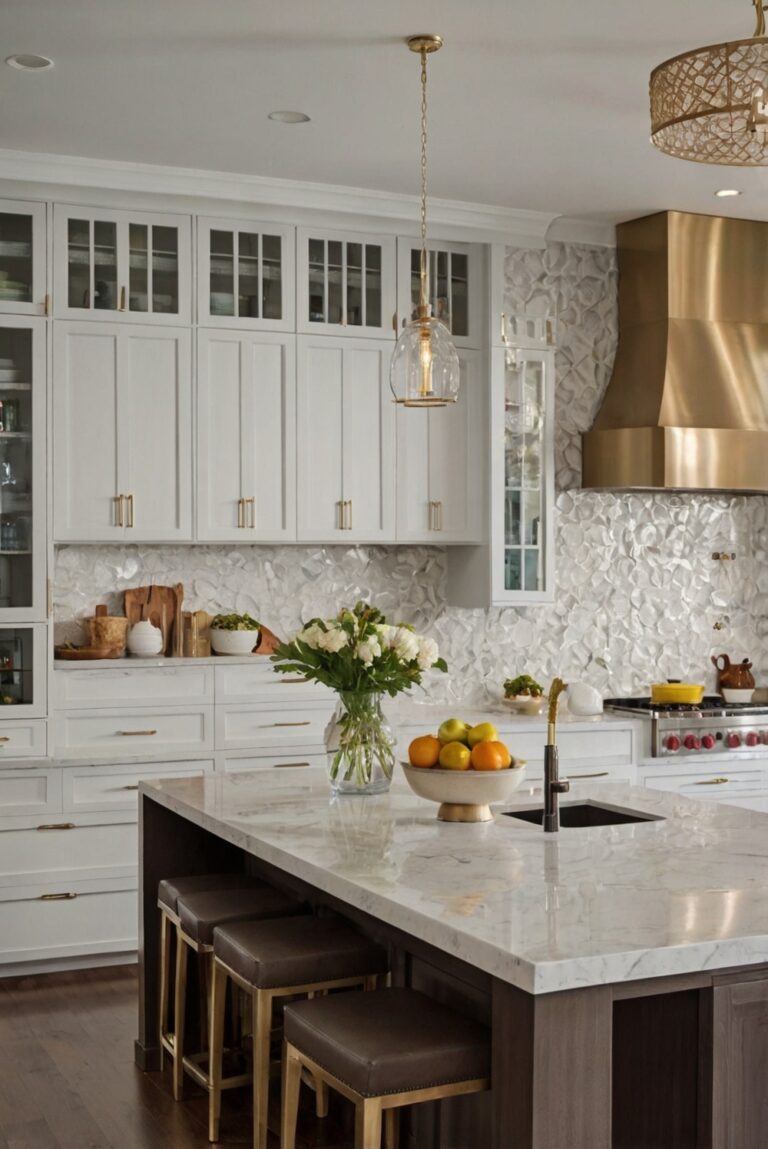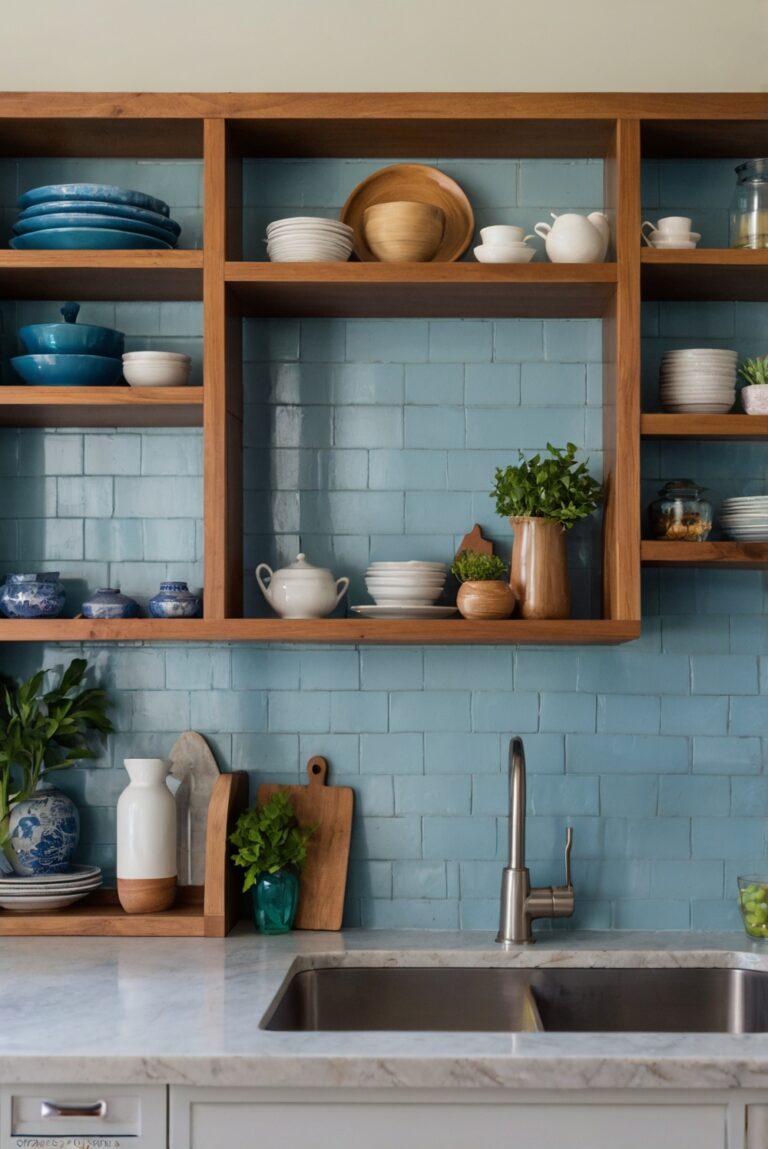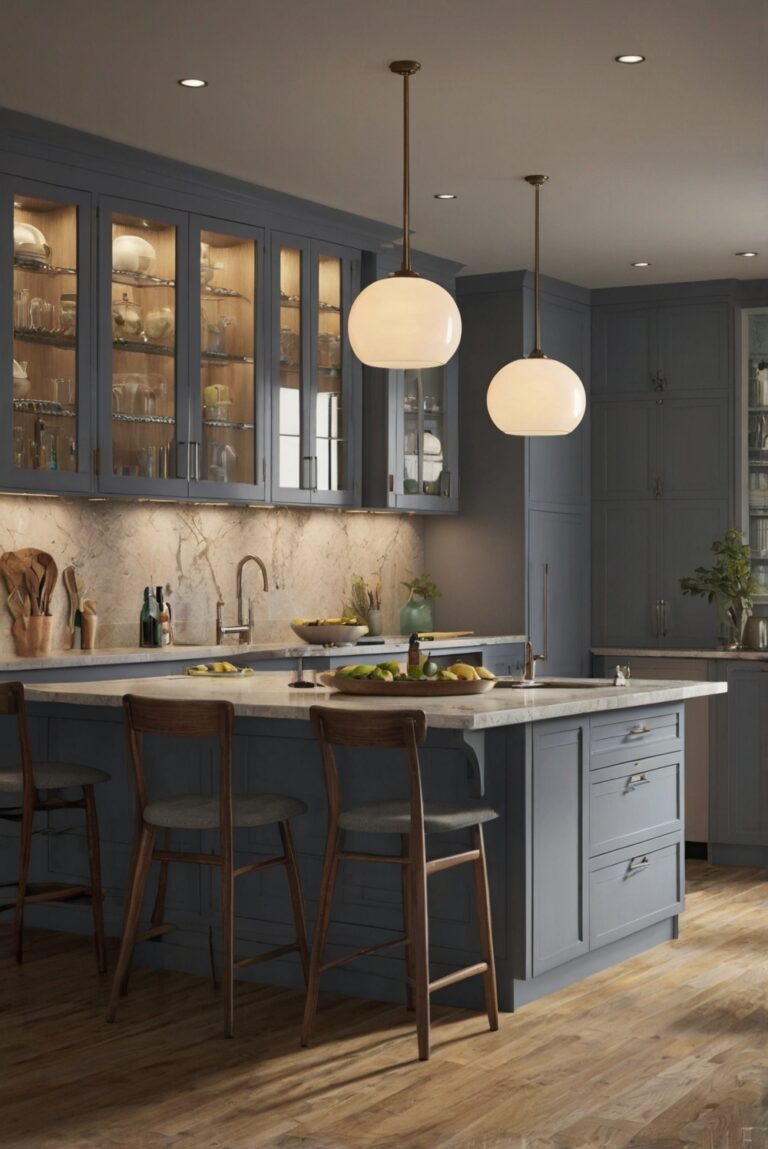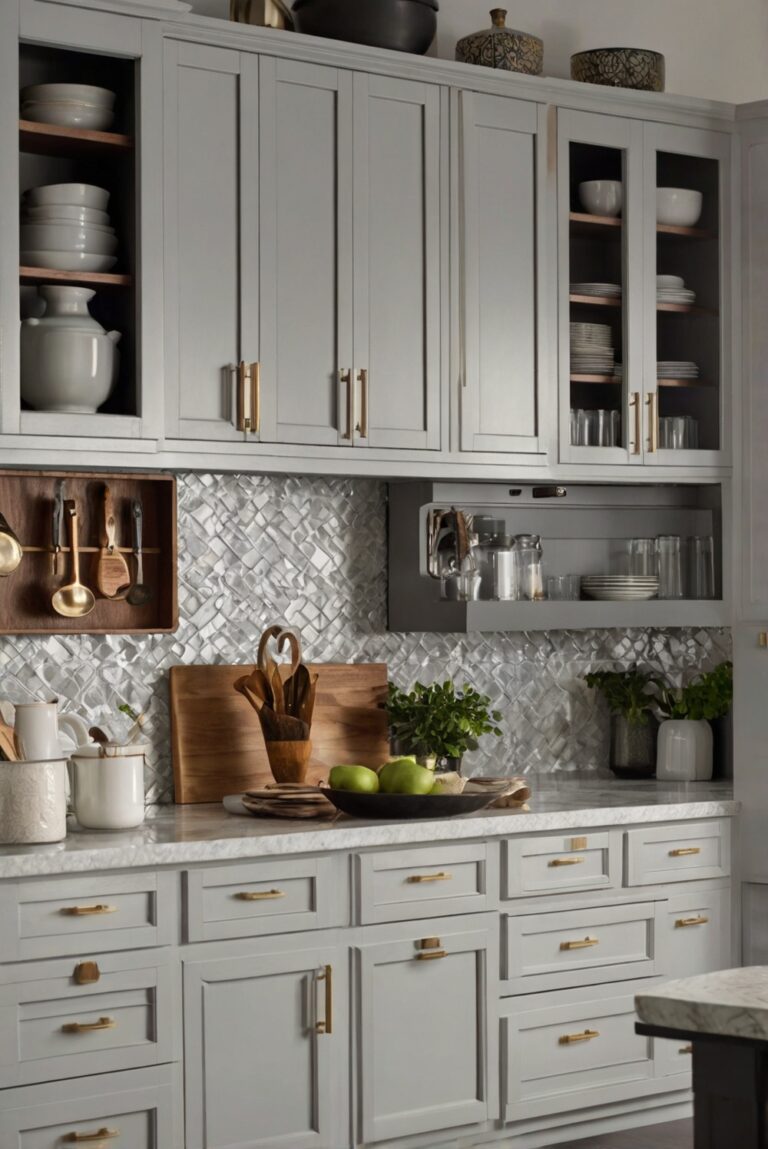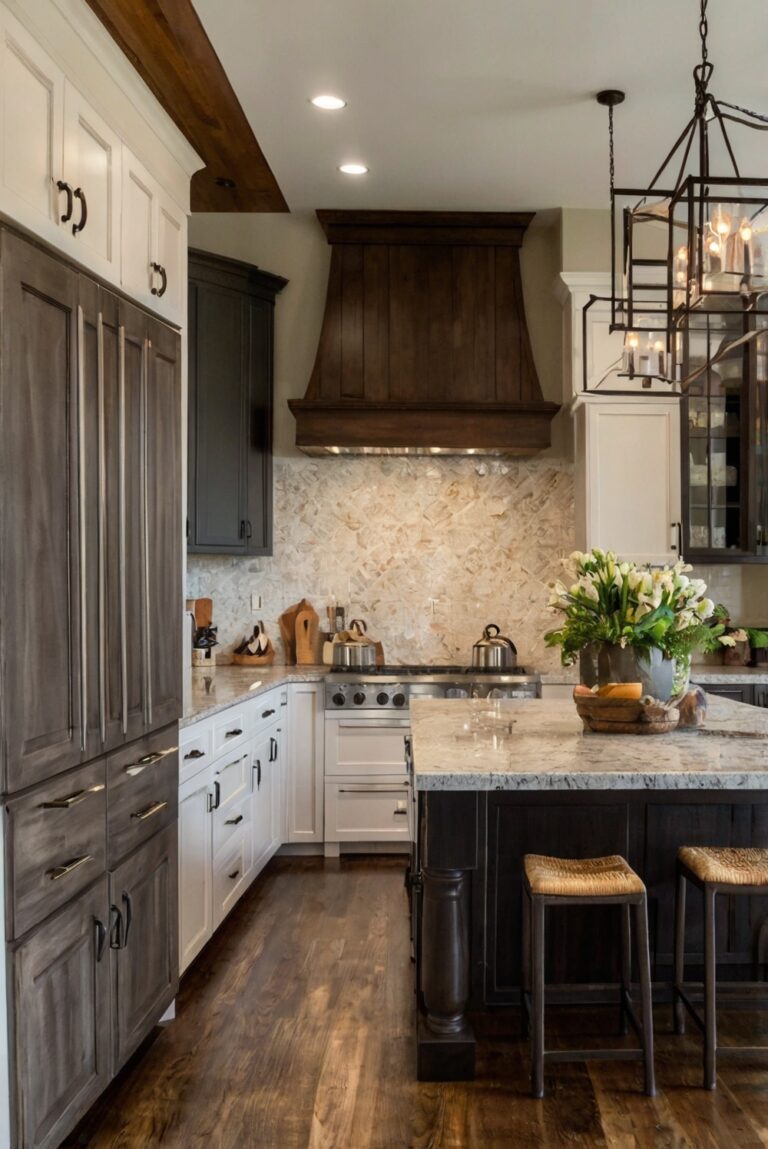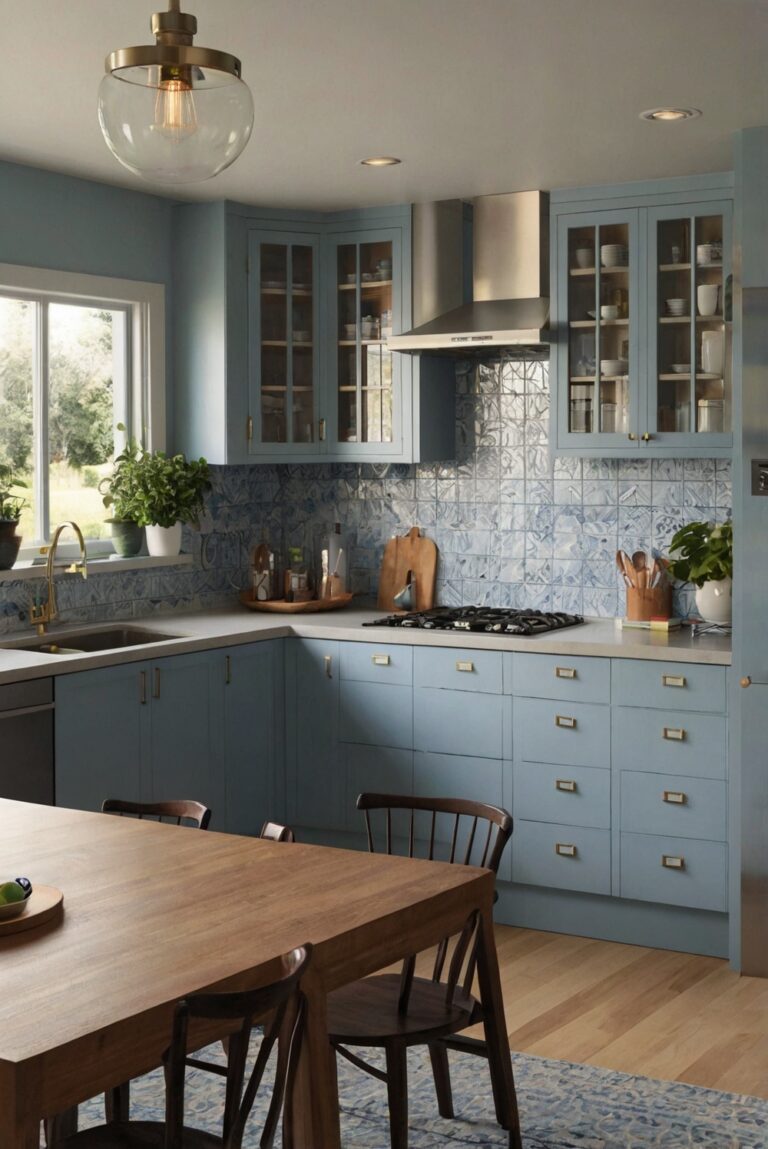Discover the best materials for eco-friendly kitchen cabinetry. Explore top choices to create a stylish, sustainable interior design.
What are the top materials for eco-friendly kitchen cabinetry?
Answer:
Bamboo, reclaimed wood, and recycled metal are the top materials for eco-friendly kitchen cabinetry. Bamboo is a sustainable choice as it grows quickly and is durable. Reclaimed wood gives a rustic look and reduces waste by repurposing old wood. Recycled metal adds a modern touch while being environmentally friendly. When choosing eco-friendly cabinetry materials, consider the durability and VOC emissions. Opt for water-based finishes and low VOC paints for a healthier indoor environment. Proper space planning is crucial to maximize storage and functionality while maintaining a sustainable home interior. Collaborating with interior designers can help in achieving an eco-friendly and stylish kitchen design.
What are the top materials for eco-friendly kitchen cabinetry?
When choosing materials for eco-friendly kitchen cabinetry, it is important to consider options that are sustainable, non-toxic, and durable. Some of the top materials that fit these criteria include:
Bamboo:
Bamboo is a popular choice for eco-friendly kitchen cabinetry due to its rapid growth and renewability. It is a sustainable alternative to traditional wood and has a unique, modern look that can complement various kitchen styles.
Recycled Wood:
Using recycled wood for kitchen cabinetry is another eco-friendly option. This material helps reduce waste and minimizes the need for cutting down new trees. Recycled wood can add character and charm to your kitchen while also being environmentally responsible.
MDF (Medium Density Fiberboard):
MDF is a composite wood product made from recycled wood fibers and resin. It is a cost-effective and environmentally friendly option for kitchen cabinetry. MDF is durable and versatile, making it a popular choice for eco-conscious homeowners.
Reclaimed Wood:
Reclaimed wood is another sustainable choice for eco-friendly kitchen cabinetry. This material is salvaged from old buildings, barns, or other sources and can add a rustic and unique touch to your kitchen. Reclaimed wood is durable and helps reduce the demand for new timber.
Bio-Based Resins:
Using bio-based resins in kitchen cabinetry is a sustainable alternative to traditional petroleum-based resins. These resins are derived from renewable resources such as soybeans or corn and have a lower environmental impact. Bio-based resins can be used in combination with other eco-friendly materials to create durable and stylish kitchen cabinets.
1. Bamboo: Bamboo is a popular eco-friendly material for kitchen cabinetry due to its sustainability and renewability. It grows quickly, making it a great alternative to traditional wood. Bamboo is also durable and water-resistant, making it ideal for kitchen environments. Additionally, bamboo has a unique and modern look that can add a stylish touch to your kitchen.
2. Recycled Wood: Using recycled wood for kitchen cabinetry is another eco-friendly option. Reclaimed wood from old buildings or furniture can be repurposed into beautiful and unique cabinets. Not only does this help reduce the demand for new wood, but it also gives old wood a new life.
3. FSC-Certified Wood: If you prefer the look of traditional wood cabinetry, opt for FSC-certified wood. The Forest Stewardship Council (FSC) ensures that the wood comes from responsibly managed forests, promoting sustainable forestry practices.
4. MDF: Medium-density fiberboard (MDF) is a composite wood product made from recycled wood fibers and resin. While MDF is not as environmentally friendly as solid wood or bamboo, using MDF with low or no formaldehyde content can still be a better option than traditional particleboard.
5. Water-based Finishes: When choosing materials for eco-friendly kitchen cabinetry, consider the finishes as well. Opt for water-based finishes instead of solvent-based ones, as they are less harmful to the environment and your health. Water-based finishes also have lower levels of volatile organic compounds (VOCs), which can contribute to indoor air pollution.
Overall, when selecting materials for eco-friendly kitchen cabinetry, consider factors such as sustainability, durability, and environmental impact. By choosing materials like bamboo, recycled wood, FSC-certified wood, MDF, and water-based finishes, you can create a stylish and environmentally friendly kitchen space.

